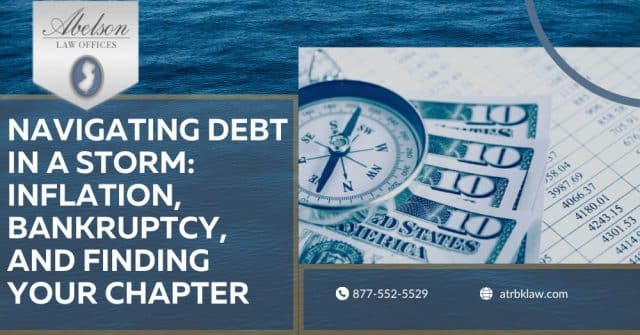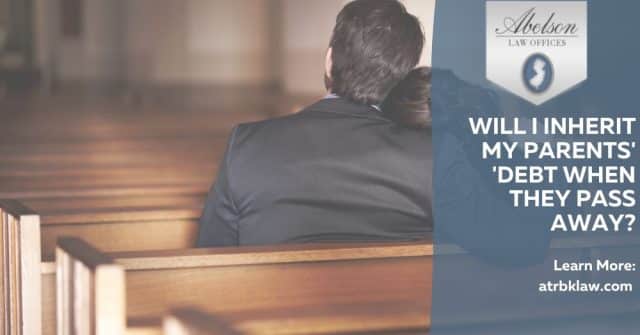There is a new bankruptcy law. The Bankruptcy Abuse and Consumer Protection Act goes into effect on October 17, 2005. Listed below are updated answers to common questions regarding bankruptcy:
What is the new bankruptcy law?
The Bankruptcy Abuse Prevention and Consumer Protection Act of 2005, a major reform of the bankruptcy system was passed by Congress and signed into law by President Bush in April 2005.
The new law makes many changes to the existing law. Before you decide whether to file, it is critical to consult with a consumer bankruptcy attorney who has been trained on the new law.
When did the law take effect?
The new law went into effect on October 17, 2005. All bankruptcies filed after that date are governed by the new law.
What are the major changes in the new law?
Major provisions of the new law include:
Mandatory Credit Counseling. Before filing for bankruptcy most applicants must receive credit counseling in a government-approved program.
A “means test” determines who can file for Chapter 7 bankruptcy. Under the new law, bankruptcy applicants who wish to file under Chapter 7 must meet certain eligibility requirements under a “means test.”
Under the means test, if your current monthly income is less than the median income in New Jersey, you can file for bankruptcy under Chapter 7.
But if your current income is above the median income in New Jersey and you can afford to pay $100 a month toward paying off your debt, you cannot file under Chapter 7 and must proceed under Chapter 13. What you can afford to pay is based on a formula that includes your monthly income, your expenses, and the total amount of your debt.
Tax returns and proof of income are required. Under the new bankruptcy law, people wishing to file bankruptcy under Chapter 7 or Chapter 13 must show proof of their income by providing federal tax returns from the last year. If you want to file bankruptcy but have not paid taxes for the previous tax year, you must do so before the bankruptcy can proceed.
More filings under Chapter 13. As discussed, if you are ineligible for filing under Chapter 7 based on the means test, you must file under Chapter 13 instead. There are a number of differences between Chapter 7 and Chapter 13, but the main distinction is that under Chapter 13 you enter into a repayment plan in which you must repay a certain amount of money to creditors, based on a strict expenses-to-income formula.
Fewer “Automatic Stay” Protections for Filers. Under bankruptcy laws in effect before October 17, 2005, people who filed for bankruptcy were entitled to certain immediate protections from creditors and others – including most debt collection and lawsuit actions. These protections are part of what is called the “automatic stay” effect of a bankruptcy filing, because many potential legal actions against the filer are stopped. But under the new bankruptcy law some of these protections will be eliminated.
New Priority for Unpaid Child Support and Alimony. Bankruptcy laws provide a system of re-payment priority for people and companies that are owed money (called “creditors”). Under the new bankruptcy law, among the changes in creditor priority is that people who are owed unpaid child support and alimony will take priority over any other creditor.
Mandatory Financial Management Education. After the conclusion of bankruptcy proceedings. Before any debt can be discharged, bankruptcy debtors must participate in a government-approved financial management education program. This program is undertaken after the debtor has obtained credit counseling.




